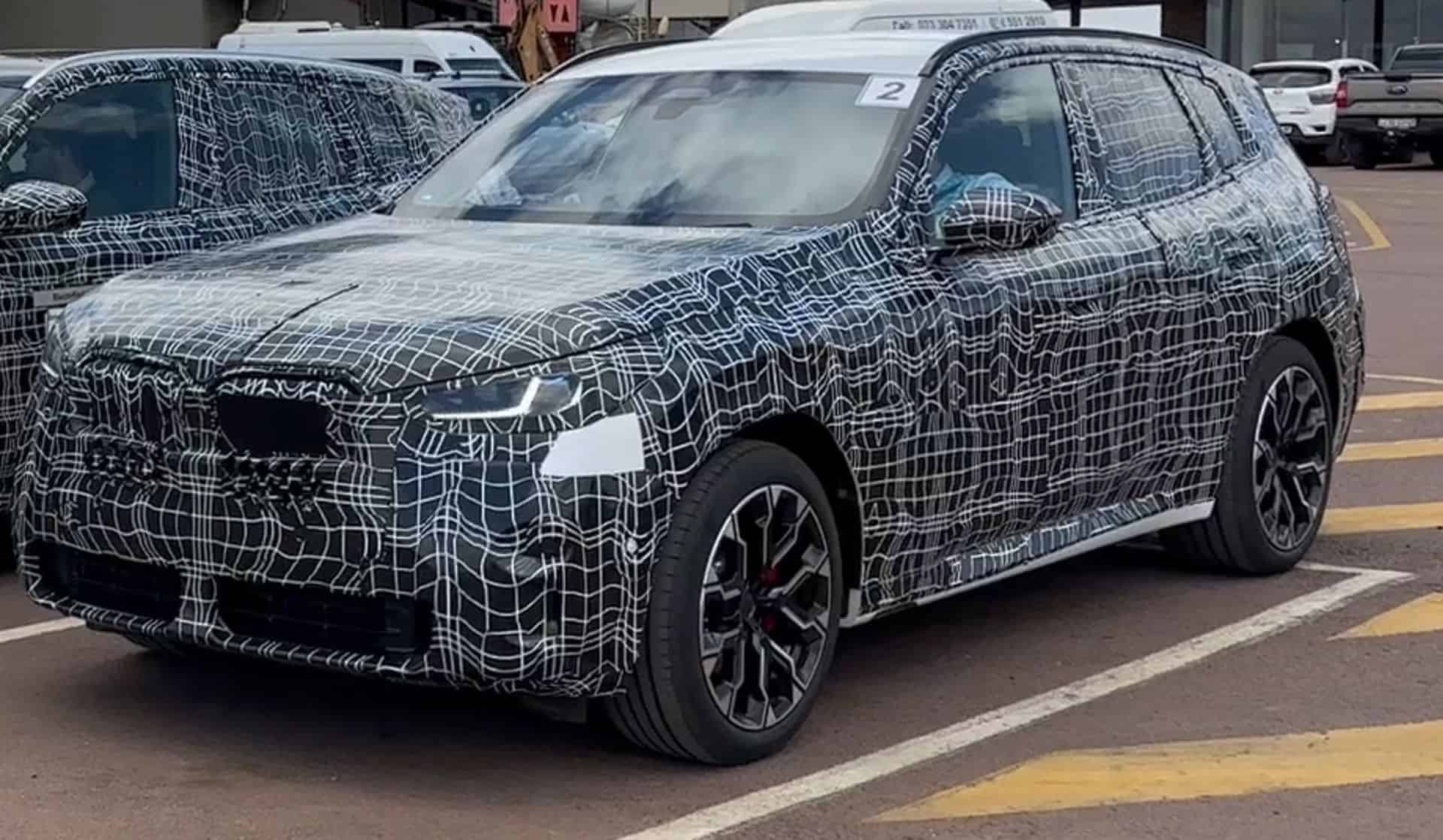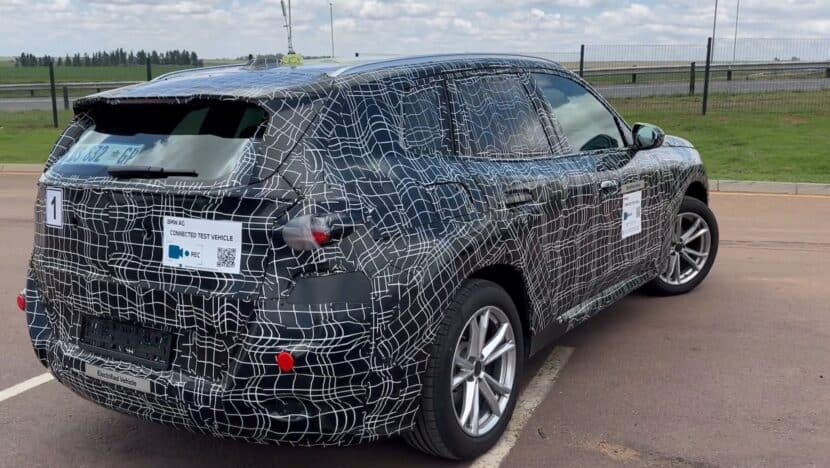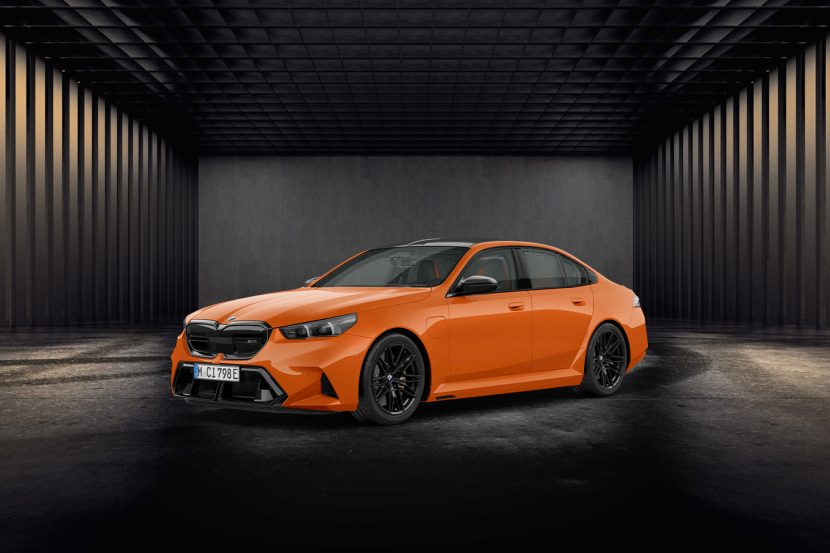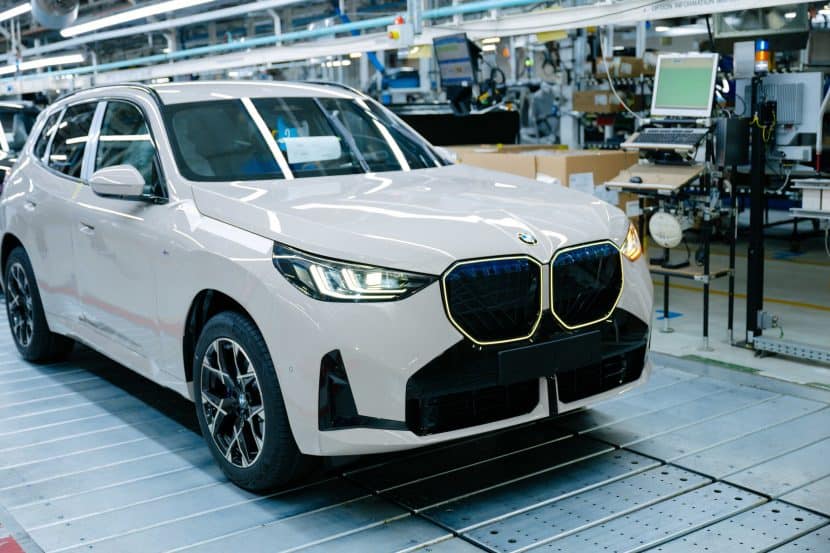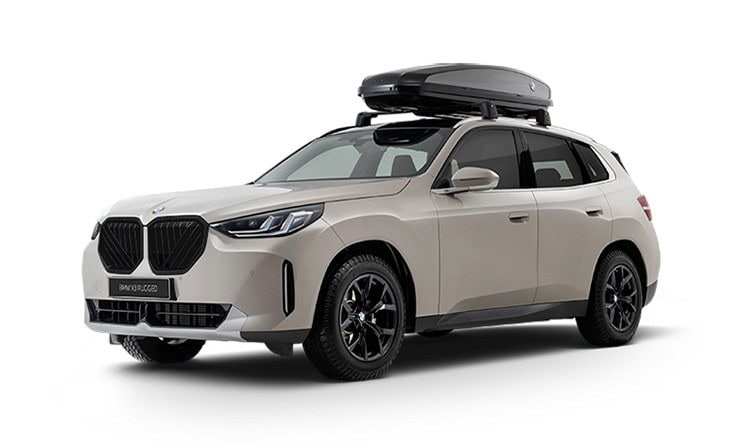One of nearly 10 new models shown by BMW to dealers in the United States last week in Las Vegas was the next-generation X3. Carrying the “G45” internal codename, the luxury crossover is apparently all grown up for its fourth iteration, according to a retailer who saw the vehicle up close. It’s said to have a bigger kidney grille flanked by slimmer headlights, but that’s not all.
Interestingly, a dealer mentioned the future BMW X3 “doesn’t look like a compact SUV anymore.” It’s likely not just because of the tougher appearance but also due to the increased footprint. Earlier this year, we reported a jump in size to 4755 millimeters (187.2 inches) long, 1920 mm (75.5 in) wide, and 1660 mm (65.3 in) tall. Provided the figures are accurate, that would make the next-gen X3 model 47 mm (1.85 in) longer, 29 mm (1.14 in) wider, and 16 mm (0.16 in) lower than the outgoing X3 (G01).
The top version will be an X3 M50 with a curb weight of 4,534 pounds (2,057 kilograms) for the US-spec version. The M Performance model will slot above an X3 xDrive30, believed to tip the scales at 4,175 lbs (1,894 kg). BMW will allegedly give the not-quite X3 M optional 21-inch wheels with 225/40 R21 front and 285/35 R21 rear tires as an upgrade over the standard 20-inch set with 255/45 R20 and 285/40 R20 rear rubber. The base model will stick to a 19-inch set.
The new X3 is likely to be among the first BMW models to drop the letter “i” for the versions equipped with gasoline engines. In the United States, there aren’t going to be any diesel engines but the oil-burners will retain the “d” in Europe and other markets. Similarly, the plug-in hybrids are going to keep the “e” at the end of their names. At first, there won’t be any X3 PHEVs stateside but that could change later in the life cycle.
Chances are the future iX3 is coming to the United States later this decade. The electric version will switch from the CLAR platform to the dedicated Neue Klasse architecture. The outgoing iX3 uses the same bones as the ICE models and is exclusively built in China. Its replacement will come alive from the Debrecen plant in Hungary in the second half of 2025.
Source: Automotive News (subscription required)


